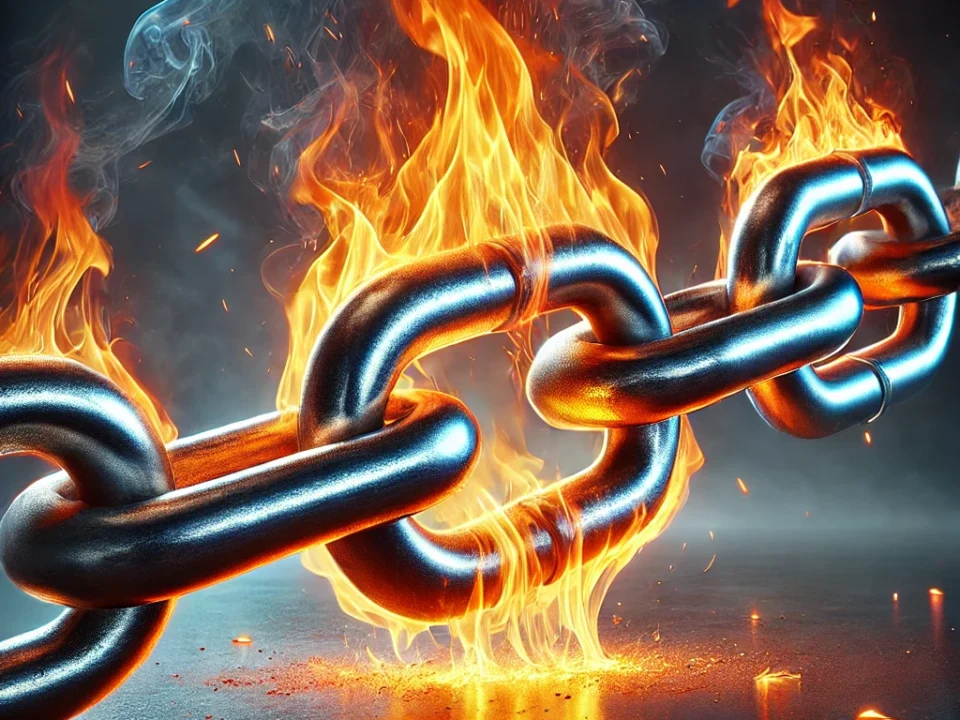With the Recession Officially “Over” – How Has Internal Auditing Fared?
September 27, 2010ISACA and The IIA Sign MOU
October 29, 2010As you may have noted, my blog has been silent for the past two weeks. This is not because I didn’t have anything to say. Instead, I have been making my way across Europe visiting with a number of our key institutes here. As I wrap up my visit with IFACI (IIA-France), I am pleased to report that across Europe, the profession is showing strong signs of recovery from the global financial crisis.
My travels began with a visit with leaders of the newly “Chartered Institute of Internal Auditors” of the U.K. and Ireland. The institute was officially chartered on October 1, 2010. However, my visit to London coincided with the institute’s national conference, and I was invited to deliver brief remarks at a reception marking the official launch of the chartered institute. As I noted in this blog earlier this year, chartered status for the IIA–U.K. and Ireland is likely to raise the stature of the internal audit profession around the world — particularly in the Commonwealth countries. Again, I extend hearty congratulations on behalf of the global membership on the occasion of this extraordinary milestone.
Upon departure from the UK, I had the opportunity to attend a “General Assembly” meeting of the European Confederation of Institutes of Internal Auditors (ECIIA) in Warsaw, Poland. As it notes on its impressive website, the ECIIA “exists to promote professional internal auditing — its benefits, competencies, standards, and qualifications — to all institutions, bodies, committees, and people of influence within its member countries.” I had the opportunity to brief many of the member delegates on the state of the global profession and developments at the global IIA headquarters.
The third stop on my European travels took me to Bonn, Germany, where I had the opportunity to meet with the chairman of IIA-Germany (DIIR) and visit the global headquarters of Deutsche Post (Germany’s only universal provider of postal services). I had the chance to learn about the leading practices of Deutsche Post’s world-class internal audit function (whose CAE is the DIIR chairman). My experiences in working with other German internal audit functions in the past were reaffirmed — there is much we can learn from our German colleagues in terms of how effective internal audit functions can be organized and managed. I also took the opportunity for a productive visit with The IIA’s global chairman of the board who lives nearby.
As I mentioned at the outset, my final stop is here in Paris where I had the opportunity to meet with IFACI staff as well as the full board of IFACI. The profession in France has long been among the world’s most mature, and my visit here has reaffirmed my view of its place in the global internal audit profession. This morning, I addressed a roundtable of more than 75 CAEs who were eager to exchange views on the state of the global profession. During my presentation, I shared data and perspectives not only on the global profession, but on the state of the European internal audit profession as 2010 comes to a close.
A recent global survey on the profession highlighted internal auditing’s rate of recovery around the world. In Europe, for example, almost 22 percent of European internal audit functions experienced an increase of their budgets in 2010, and that number grows to almost 30 percent for 2011. Since the onset of the global financial crisis in 2007, the resource levels of European internal audit functions have fared equal to or better than the overall global experience, and significantly better than the profession in North America. This provides a strong signal that the profession in Europe is well on the way to recovery, and is well positioned to serve its key stakeholders in the decade ahead.




I welcome your comments via LinkedIn or Twitter (@rfchambers).